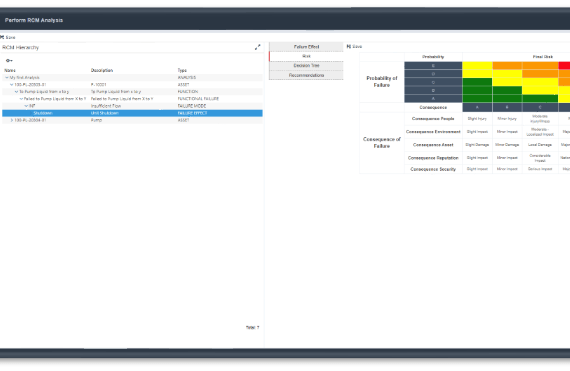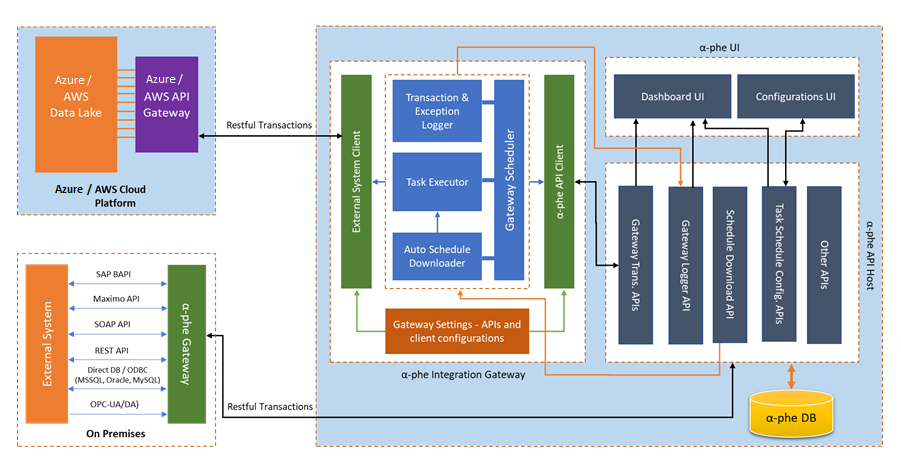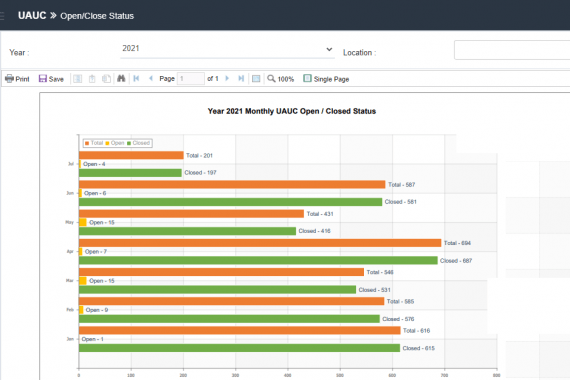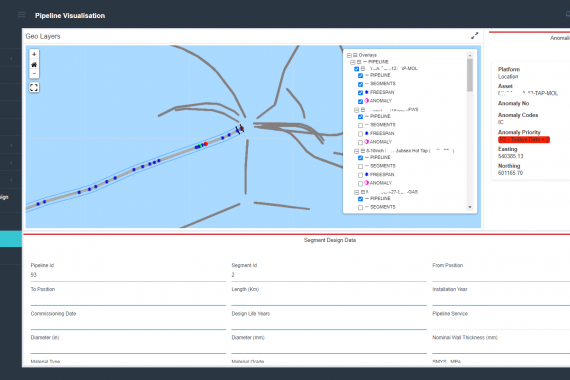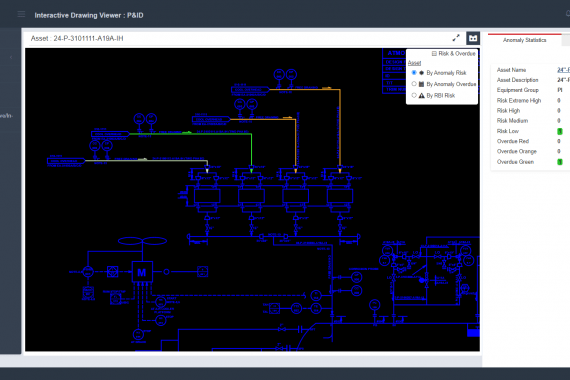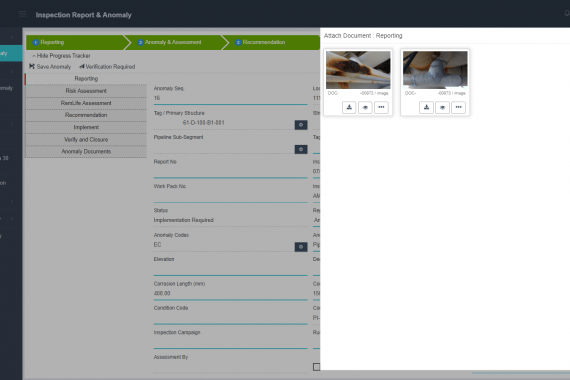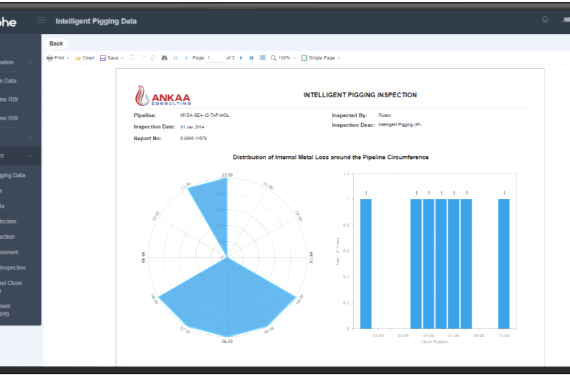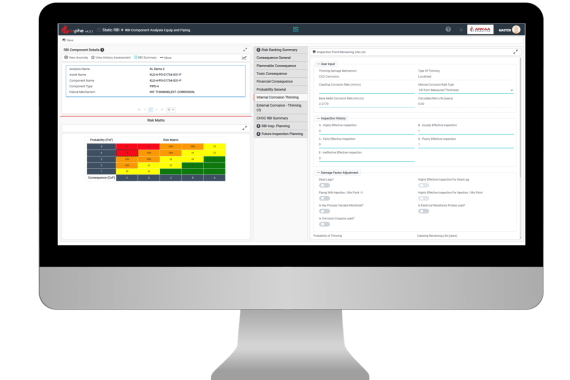RBI – Management System Factor (MSF)
The Management System Factor (MSF) is a critical component in Risk-Based Inspection (RBI) analysis, particularly in methodologies aligned with API 581. This factor is used to adjust the base probability of failure (PoF) to account for the effectiveness of an organization’s management systems in mitigating risk. The MSF questionnaire typically covers various aspects of an…

